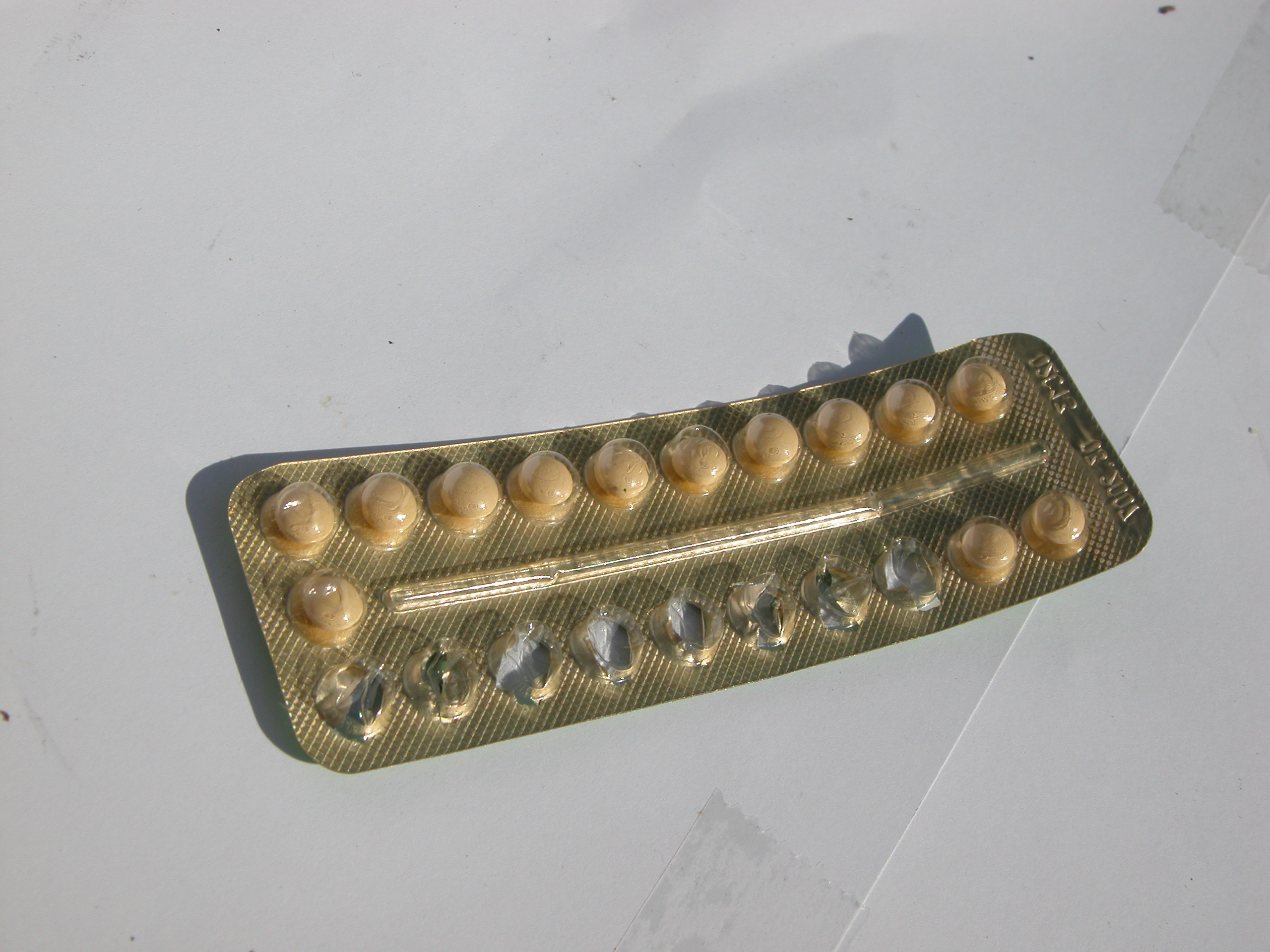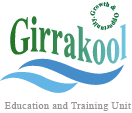2
OctoberSix Tips For Sober Living Chiang Mai
 Introduction:
Introduction:
Alcohol detachment is a condition that occurs when individuals suddenly stop or substantially decrease their alcoholic beverages intake after extended durations of heavy-drinking. It really is a complex and possibly life-threatening problem that affects millions of people worldwide. This report is designed to offer a comprehensive breakdown of alcoholic beverages withdrawal, including its symptoms, treatment options, and management strategies.
The signs of Alcohol Withdrawal:
The beginning and severity of alcoholic beverages detachment signs differ among individuals, depending on factors for instance the amount and length of drinking and your health. Common observable symptoms include tremors, anxiety, irritability, sickness, vomiting, sleeplessness, increased heartrate, and sweating. In severe instances, individuals may go through hallucinations, seizures, or delirium tremens (DTs), a potentially fatal condition characterized by agitation, confusion, hallucinations, and fluctuating quantities of awareness.
Treatment Plans:
Whenever coping with liquor withdrawal, it is necessary to get medical guidance and support. The primary goal of treatment solutions are to properly manage detachment signs, prevent complications, and facilitate the change to sobriety. Doctors can assess the severity of symptoms and determine the correct level of attention. In moderate cases, outpatient therapy can be administered, while more serious instances may necessitate hospitalization.
Medicines commonly used in liquor detachment therapy consist of benzodiazepines, that assist reduce anxiety, relieve symptoms, and give a wide berth to seizures. Other medications like antipsychotics, anticonvulsants, and beta-blockers are useful to manage specific symptoms or co-occurring circumstances. Furthermore, nutritional vitamin supplements, especially thiamine (vitamin B1), in many cases are prescribed to prevent or treat possible inadequacies connected with excessive drinking.
Control Strategies:
Along with medical interventions, different strategies can be used to control liquor detachment successfully.
1. Supportive Care: Offering a supporting environment encourages a feeling of protection and convenience. This includes making sure proper diet, hydration, and sober house chiang Mai rest, plus keeping track of essential indications and handling any medical complications that may occur during detachment.
2. Psychotherapy: looking for mental health help, such as for instance counseling or psychotherapy, can play a vital role in dealing with fundamental emotional or emotional problems that donate to alcohol dependency. These interventions assist people develop coping methods, control triggers, and establish healthy options to alcoholic beverages.
3. Rehabilitation tools: participating in rehabilitation programs, including inpatient or outpatient treatment centers, can provide a structured and supporting environment for people looking for long-term recovery. These programs often incorporate health treatments, guidance, and peer assistance to deal with the actual, mental, and personal components of liquor addiction.
4. Follow-up Care: After completing preliminary detoxification and therapy, individuals should consistently look for ongoing treatment. This could include playing organizations, attending regular therapy sessions, and obtaining follow-up evaluations to make sure appropriate actual and mental health.
Conclusion:
Alcohol detachment is a challenging condition that requires medical assistance and extensive assistance. Knowing the symptoms, treatment options, and administration techniques can considerably aid in assisting individuals safely navigate the withdrawal process and attain long-term data recovery. By providing appropriate care and resources, we can improve effects for those of you seeking to get over alcohol addiction.

